Blockchain May Solve The Changing AdTech Landscape

In an era dominated by rapid technological advancements, the AdTech industry finds itself at a crucial crossroads.
Recent events, such as the US DOJ’s lawsuit against Google for its cookie usage practices and the Made-For-Advertising (MFA) debacle involving Forbes, underscore the rapidly changing nature of this sector.
The controversy surrounding Forbes, which centered on its MFA sites that failed to meet advertiser expectations and were disconnected from the main site, highlights the fundamental issues plaguing the advertising industry. Advertisers are increasingly skeptical, finding it hard to trust their investments in platforms that lack transparency and fail to deliver satisfactory returns on investment (ROI).
At Fuul, we are pioneering a solution built on blockchain technology to address these challenges. Blockchain’s inherent transparency enables early detection of discrepancies and provides advertisers clear insights into where their dollars are being spent. While blockchain-based advertising is still a nascent field with few competitors, it represents a significant opportunity to overhaul traditional AdTech mechanisms.
One of the transformative aspects of blockchain in advertising is its potential to enhance user privacy while simultaneously providing more detailed data about consumer behaviors, without the need for intermediaries like Forbes, Google, or Meta. This is achieved through distributed ledger technology (DLT) or blockchain, which eliminates the need for centralized control, thus increasing the revenue share for publishers and enhancing access to consumer data.
The rise of affiliate marketing platforms, such as Fuul—touted as the first native web3 affiliate marketing solution—illustrates how blockchain can revolutionize the advertising landscape. These platforms enable publishers and product teams to operate as independent ad networks, thereby bypassing traditional AdTech players and reducing the risks associated with opaque advertising practices.
Furthermore, another area facing transformation due to blockchain is the use of digital advertising tools such as cookies and pixels. These tools, which are integral to traditional affiliate marketing systems, are becoming obsolete. Despite Google’s ongoing legal battles to preserve cookie usage, the market demands more sophisticated methods that are closely aligned with user activities. Blockchain facilitates this by fostering intimate user relationships through robust online communities and innovative engagement strategies, allowing for more precise and trustworthy user tracking and behavior analysis. For those who haven’t dabbled in blockchain marketing, these experiences are rapidly evolving into a user-friendly alternative to traditional marketing platforms.
As we move forward, the adoption of blockchain in AdTech promises to mitigate risks like those seen in the Forbes incident and offer a more equitable distribution of profits and control. Publishers can leverage direct access to market data to tailor and refine user experiences, thereby driving engagement and increasing efficacy in targeting desired audiences.
The integration of blockchain technology into AdTech could very well be the key to resolving many of the industry’s current issues, offering a clearer, more reliable path forward for advertisers, publishers, and users alike. With its ability to ensure greater transparency, eliminate unnecessary intermediaries, and foster closer connections with audiences, blockchain stands poised to redefine the advertising landscape.
About Fuul
Fuul (www.fuul.xyz) is the affiliate marketing protocol that lets web3 projects partner with influencers and publishers and pay for referred transactions.
With Fuul, web3 projects can propose commissions towards specific conversion events, while affiliates (influencers, publishers, etc.) can refer traffic and earn. Fuul takes care of attribution and commission payouts in real time, on-chain.
Fuul is backed by leading investors, including a16z Crypto, DCG, and more.





